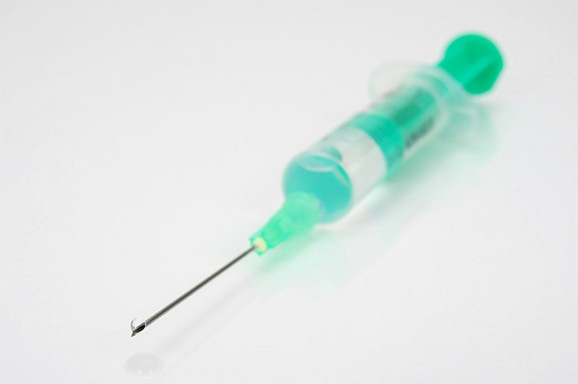The Flu Jab 2016/17: Everything You Need to Know
Flu season is here again, and that means it’s time to start thinking about the flu vaccination.
Every year this vaccine is made available on the NHS to certain groups of people, and it provides protection against flu and the complications that it can bring.
If you care for an elderly friend or relative, what do you need to know?
The 2016/17 Flu Season
The flu jab is made available for free on the NHS to various at-risk groups. One of those groups comprises people over 65.
For the 2016/17 flu season, to qualify for the free vaccine a person will need to be 65 or over on 31st March, 2017. That means your elderly relative may be 64 right now but might still be able to get the jab for free.
The best time to get your flu jab is now, from the beginning of October up until early November. However, if you get the jab later, it’s still worth getting and it will still provide protection.
Why is the flu jab important for the elderly?
For most people, flu is simply a very unpleasant illness that leaves them bedridden for about a week. However, for some people it can be a lot more serious.
This includes pregnant women, babies, people with a weakened immune system or suffering from heart conditions or respiratory disease – and anyone aged 65 or over.
Flu is more dangerous for the over 65s because the chance of developing a serious complication from flu – like pneumonia – is higher.
How to get the Flu jab locally
If your friend or relative qualifies for the free flu jab, they can get it at a number of places. You may want to accompany them if you think they might need help.
Perhaps the most convenient place to get the jab for most people is at their local GP surgery. However, they can also get it at a local pharmacy that offers the jab.
One thing to note is that if they go to a pharmacy, the pharmacist will inform their GP so your friend or relative will not have to worry about doing this themselves.
The Best Defence Against Flu for the elderly
Flu is an unpredictable virus, and the flu vaccine is the best available defence for it. While it will not stop all flu viruses, it has been proven to provide some protection.
However, the protection it provides varies from person to person. Even so, if you do get flu after having the jab, it is likely to be milder than if you did not have the jab.
In addition, you will probably get better quicker. There is even evidence to suggest that having the flu jab can reduce the risk of stroke.
The reason that the flu jab is offered every year is that the protection it provides decreases over time, and new flu strains appear each year.
What About Side Effects of the flu jab, specifically in the older generation?
Serious side effects from the flu jab are very rare. Other more common mild side effects can include a temperature, muscle ache, and soreness surrounding the area the jab is administered.
However, do talk to a doctor if you are concerned for your elderly friend or relative. And always talk to a doctor if they have had a serious allergic reaction to a flu jab in the past.
You might want to make sure that you or your care worker are available for a day or so after the jab to help your relative with any discomfort they may feel.
Useful Resources:
The Gov.uk site also has some more useful information


